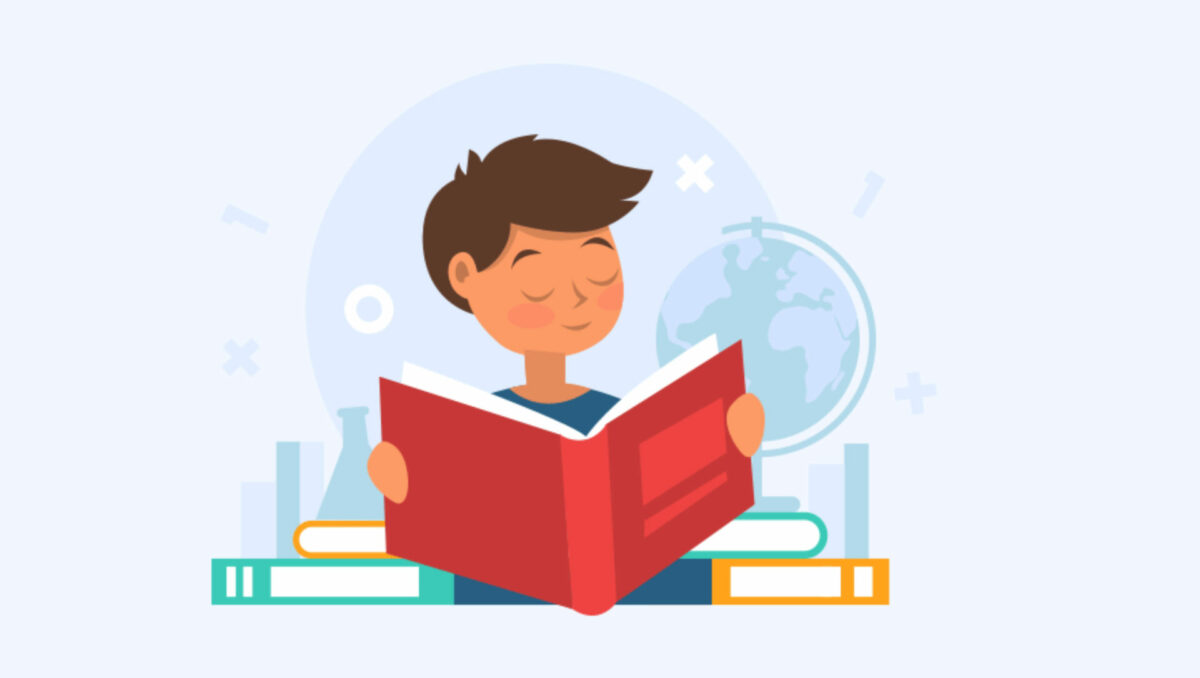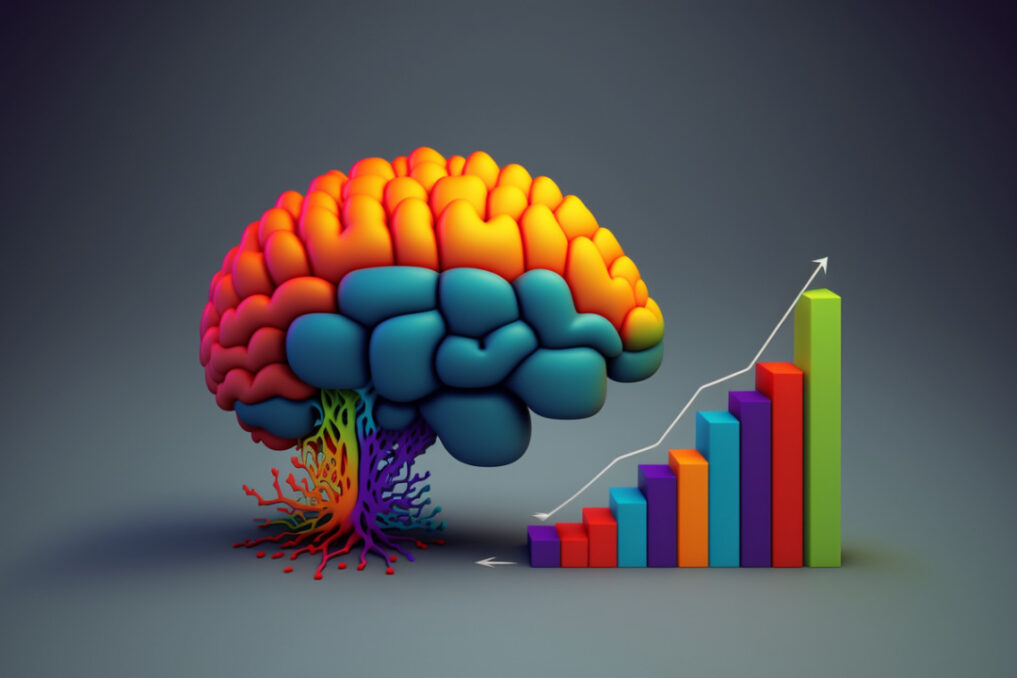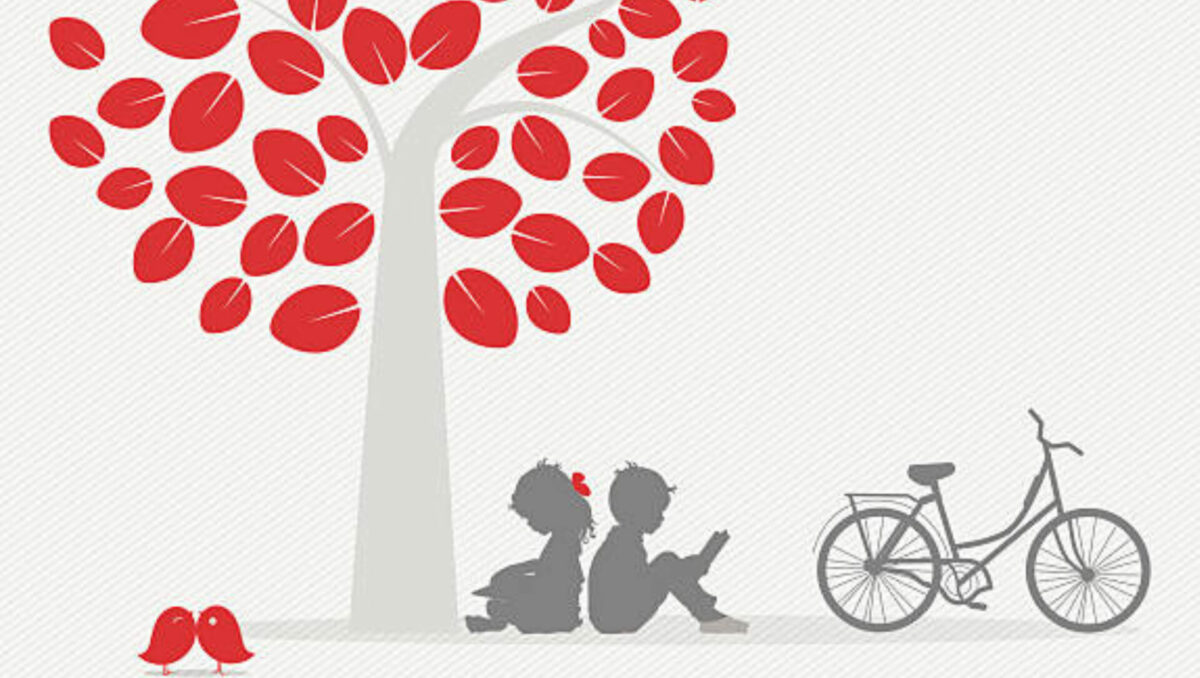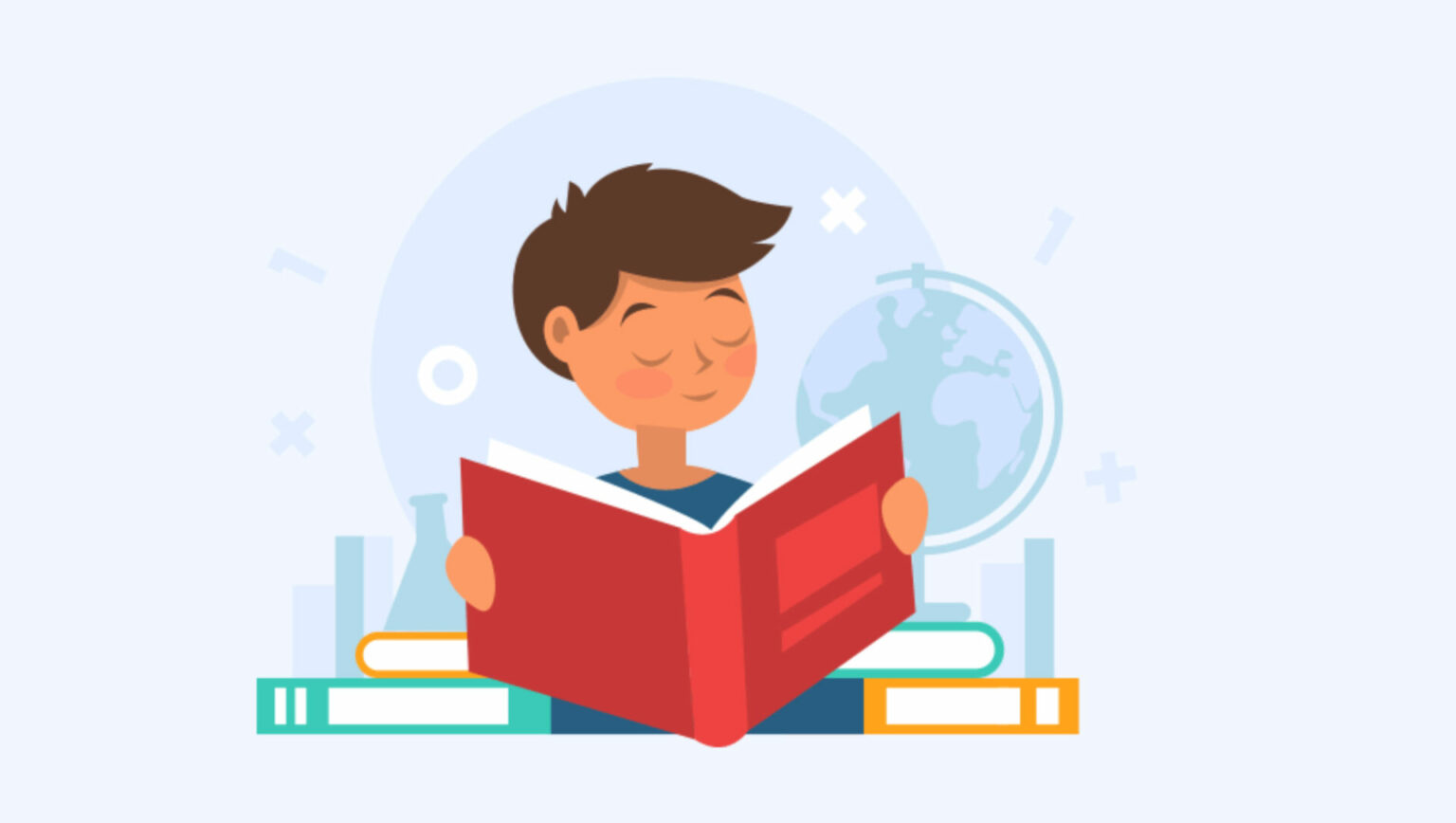According to a University of Cambridge study, children who read for pleasure tend to do better on cognitive tests and have better mental health. The study that analyzed data from the Adolescent Brian and Cognitive Development (ABCD) cohort in the U.S was recently published in Psychological Medicine and it. It has been unknown how reading in the early years affects the brain until this 10,243-person research was published.

Message to a reading-averse world
These interesting and valuable findings were published in a world that is witnessing a decline in the reading (for pleasure) habit among children and young adolescents enjoyment of reading in the US and Australia. The National Centre for Education Statistics found that over a third of 13-year-olds in the US claim never to have read for pleasure. According to a recent Australian Bureau of Statistics report, the percentage of kids who read for enjoyment fell from 79% in 2018 to 72% in 2022. According to the most current PISA study, a global comparison conducted by the OECD, 40% of Australian 15-year-olds lack functional literacy.
Research Methodology
Data from 10,243 individuals in the Adolescent Brain and Cognitive Development cohort, a massive and prolonged US study of brain development and child health, were analyzed by the researchers. This data included interviews, cognitive tests, mental and behavioral evaluations, and brain scans. In addition to the inputs obtained at age 11–13 (2017–2020), the researchers also examined data for children aged 9–11 (2016–2018).
Parents or other primary carers were questioned about their children’s reading habits and asked how many hours a week they spent reading during interviews. The majority (48%) of the kids had little to no experience reading for pleasure or had only recently started. The remaining half had read for leisure for three to 10 years.
Reading for Pleasure ends up Elsewhere
The study discovered reading for enjoyment between the ages of two and nine was highly associated with success on memory and speech, verbal learning, and general academic assessments. Additionally, the children had a tendency to sleep more soundly and use screens less. Moreover, a significant finding was that those who read for enjoyment from a young age had “moderately larger” overall brain sizes and areas, especially in areas crucial for cognitive performance.

Notably, the recommended weekly reading time was 12 hours, with additional advantages becoming apparent.
The words of cautions that emerged as a consequence of the study are because people are spending more time inactive than engaged in other intellectually stimulating activities like sports and social activities, researchers suggested that there may potentially be a cognitive deterioration.
Childhood Reading, the Brain, and Life
Childhood and adolescence are the critical periods for the development of our behavioral habits that assist our cognitive growth since these are the years constitute the developmental phase of the brain. Professor Anne Castles, a cognitive scientist, at the Australian Centre for the Advancement of Literacy at the Australian Catholic University, co-authored a paper on the relationship between reading and emotional well-being that was published in Reading Research Quarterly. The study found that early reading difficulties are linked to later anxiety, depression, and reading self-concept.

Professor Castles explains that reading becomes enjoyable when kids grow proficient in the “basics of recognizing words,” which frees up their cognitive ability to think about the meaning of what they’re reading and inspires their imagination. She adds that reading enjoyment is typically correlated with independence in reading. And individuals have this lovely virtuous loop where the more enjoyment one receives from reading, the more driven she is to read. Conversely, if one is not a good reader, it may lower her self-confidence and reading comfort. And quite naturally, she won’t be reading much.













